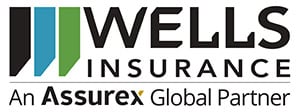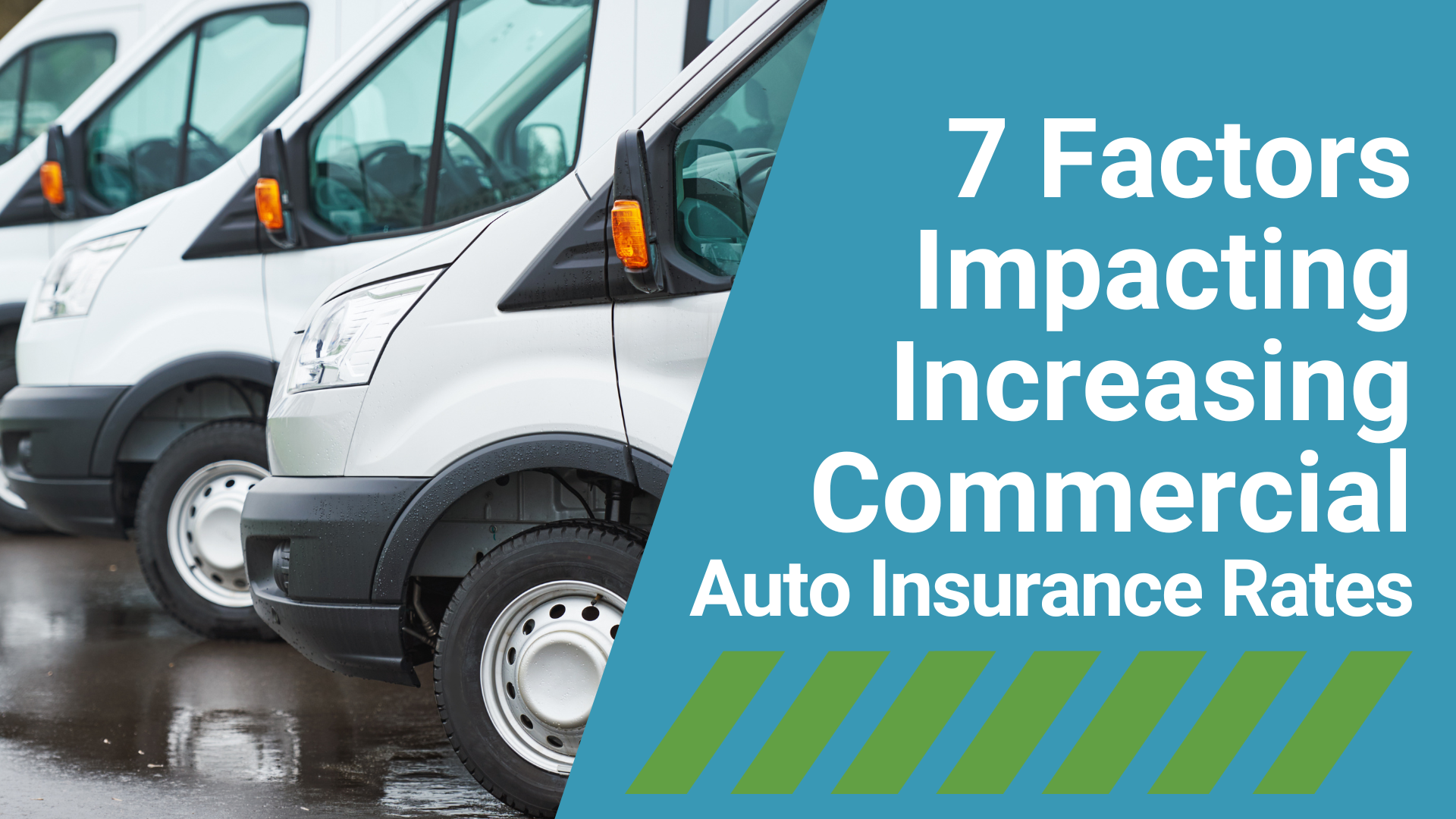Hard Market FAQ's

We've talked a lot recently about the hardened market that we are experiencing in the insurance industry and we get a lot of the same questions. Hopefully the following can provide some clarification for anyone wondering about increasing rates, what is a hard market, etc.
I’ve had no claims. Why are my premiums increasing so much?
Premium increases are not just tied to a specific customer’s coverage, but to the overall insurance market. Currently, the insurance industry is experiencing a “hard market,” which means that overall cost of claims for insurers has risen, and there is less competition. This makes insurance coverage more expensive. Inflation has significantly increased the prices of goods, especially for labor, construction and auto repair materials.
Insurers have experienced a significant gap between the policy pricing they projected using prior loss data and their current claims payouts. This gap contributes to the current hard market.
What is a “hard market” in insurance?
A hard market means insurance companies are raising rates and restricting their capacity – their willingness to accept new or increased risk – to insure families and businesses, making it more expensive and difficult to get the coverage you need. Insurers, too, buy insurance, called reinsurance, to transfer some risk, and reinsurers have raised prices as well.

Keep in mind that in a hard insurance market — like the one we face now — your rates typically aren’t just affected by the insurer’s practices, but also by other factors such as overall market conditions and your specific risks. For example, if you’re a contractor, such as a roofer, you may see higher premium increases than those in other trades, such as landscapers, because your operations create a higher risk exposure. The same holds true in the personal market, where a home located in a wildfire-prone area presents a higher risk profile for insurers than one located in an area with little exposure to wildfires.
What causes a hard market?
Economic conditions and claims frequency, over time, hurt the insurance industry’s profits and create a hard market. When more frequent claims and higher claims payouts occur consistently over a period of time, insurers begin to pull back from markets and increase premiums. Record-setting insured losses from catastrophes, rising inflation, increased labor costs and supply chain challenges all contributed to this current hard market.
How long will this hard market last?
Like the economy, hard insurance markets are cyclical. A hard market will vary in length and severity, depending on prevailing economic challenges, inflation rates and the type of insurance affected. A hard market will begin to “soften” as premiums rise, bring back more capital to the insurance market. During a soft market, competition heats up and premiums will moderate or even decrease.

How can an insurance agent help me in a hard market?
Independent insurance agents are knowledgeable insurance professionals. We are a valuable and trusted resource. We can help you navigate the current market conditions. We have long-standing relationships with insurers and are well- positioned to find the proper coverage for your risks and to advocate on your behalf. We also can provide information on available coverage options for your risks and recommend risk management resources to mitigate your exposure. We can help you improve your insurability, so you have more choices.
How can I get a better rate on my policy?
It depends on your policy and insurers’ appetite for that type of coverage. Sometimes, another insurance carrier may offer the same or better coverage for a more affordable rate.
Changing insurance companies, however, can have unexpected results. For example, switching companies too often will affect your rates and may cause you to lose loyalty discounts. Your agent understands the current environment and the factors that affect your risk picture and can discuss your options with you.
It is always a good idea to review your policy with your agent, so you understand what coverage you have. If you want to change insurers, be sure to ask your agent how the switch could affect your coverage and your risk profile.

Investing in risk management strategies can reduce your exposure and make you a more attractive account, both to your current insurer and a prospective one. You also can reduce premium costs by taking on more risk through a higher deductible or self-insurance. To help mitigate claim exposures you could put in place any/all of the following protection devices such as a central station fire and burglary alarm system, a backup generator (permanently installed), a temperature monitoring system, a water leak detection system, residential sprinkler system, and/or a lightning protection system. Installing these recommended systems could provide additional discounts to your policy.
Like any adverse market cycle, we are stronger together. Together we will weather this market, which is impacting us all. If you have any questions or concerns, please don't hesitate to reach out to us.
Wells Insurance
One North 3rd St
Wilmington, NC
910-762-8551
insurance@wellsins.com


